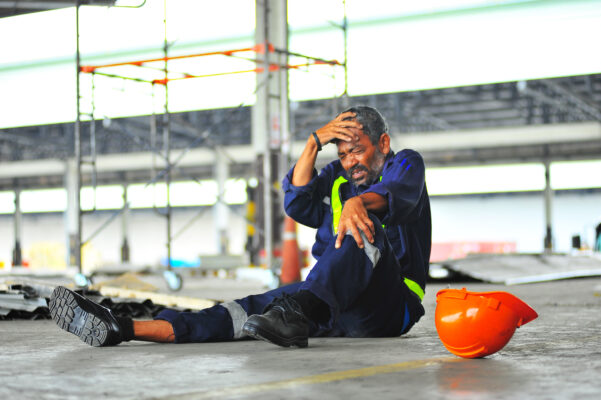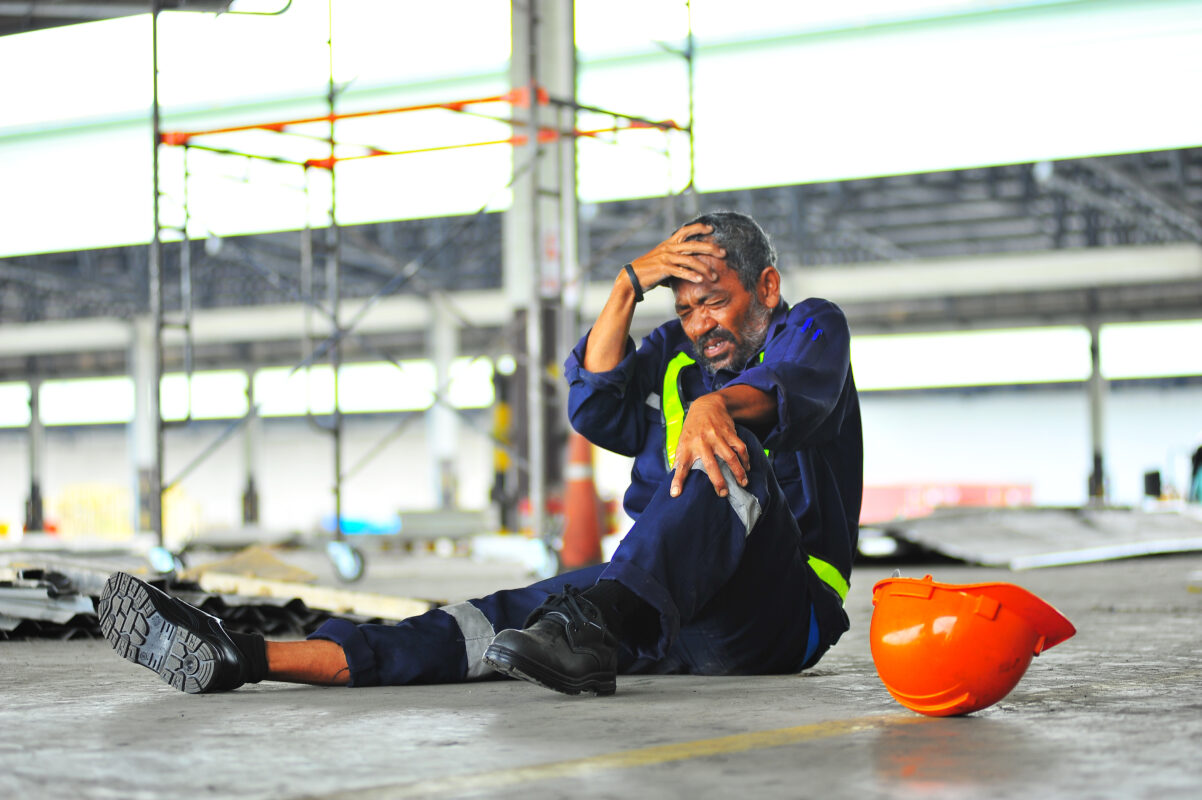Construction accidents can have devastating consequences, leaving workers and their families grappling with physical, emotional, and financial burdens. In Georgia, like in many other states, individuals injured in construction accidents have the legal right to seek compensation for their injuries. However, the path to obtaining compensation can vary, with two primary options: settlement or trial. In this article, we will explore what to expect in Georgia construction accident cases when deciding between settlement and trial.
Initial Steps: Gathering Evidence and Medical Treatment
Regardless of whether you choose settlement or trial, the initial steps in a construction accident case are similar. The injured party must seek medical attention immediately to address their injuries and ensure their well-being. Concurrently, gathering evidence is crucial. This includes collecting witness statements, photographs, accident reports, and any relevant documentation. This evidence will play a pivotal role in determining the strength of your case, irrespective of the chosen legal path.
Settlement: Pros and Cons
Settlements are often the preferred option in Georgia construction accident cases for several reasons:
Pros
Expediency: Settlements typically resolve cases faster than trials, sparing the injured party from prolonged legal proceedings.
Certainty: Settlements guarantee a specific amount of compensation, providing a predictable outcome.
Privacy: Settlements are private negotiations between parties and do not become public record.
Cons
Potentially lower compensation: In some cases, settlements may result in lower compensation amounts than what could be awarded in court.
Lack of accountability: The responsible party may not admit fault, potentially limiting efforts to prevent future accidents.
Trial: Pros and Cons
Trials offer their own set of advantages and disadvantages in Georgia construction accident cases:
Pros
Potential for higher compensation: If your case goes to trial and you win, you may receive a higher compensation award than what was offered in a settlement.
Accountability: Trials often force the responsible party to acknowledge fault, which can lead to safety improvements in the construction industry.
Precedent: Trial outcomes can set legal precedents that benefit future accident victims.
Cons
Lengthy process: Trials can be protracted, taking months or even years to reach a verdict.
Uncertainty: Outcomes are not guaranteed, and you may receive less compensation than initially sought.
Publicity: Trials are public events, potentially exposing the injured party to media attention and personal scrutiny.
Legal Representation
Regardless of whether you choose settlement or trial, hiring an experienced attorney specializing in construction accidents is crucial. A skilled lawyer can assess your case, negotiate on your behalf, and provide legal guidance throughout the process, ensuring your rights are protected.
In Georgia construction accident cases, choosing between settlement and trial is a critical decision that should be made carefully. Each option has its own set of advantages and disadvantages, and the choice depends on the unique circumstances of your case and your specific goals. Consulting with a knowledgeable attorney can help you navigate this decision and maximize your chances of receiving fair compensation for your injuries.
The priority should be to ensure that the injured party receives the necessary support, medical care, and compensation to recover and move forward after a construction accident. Whether through settlement or trial, the goal is to achieve justice for the victim and promote safety in the construction industry.
How can Princenthal, May & Wilson, LLC help you if you have been in a construction accident in Georgia
If you’ve been involved in a construction accident in Georgia, you may be facing a daunting and challenging journey ahead. At Princenthal, May & Wilson, LLC, we are here to provide you with the skilled legal support and guidance you need during this difficult time. Our firm specializes in helping individuals like you who have suffered injuries due to construction accidents in Georgia. Here’s how we can assist you:
Comprehensive Legal Experience
Our team comprises experienced attorneys who specialize in construction accident cases. We have in-depth knowledge of Georgia construction laws and regulations, giving us a unique advantage in handling your case effectively.
Understanding the Basics: What to Do After a Car Accident in California
We start by thoroughly evaluating your case to understand the circumstances surrounding your accident. This includes gathering evidence, interviewing witnesses, and assessing the extent of your injuries.
Personalized Legal Strategy
Every construction accident case is unique, and we tailor our legal strategy to suit your specific needs and goals. Whether you are seeking compensation through a settlement or pursuing a trial, we ensure that your interests are at the forefront.
Strong Advocacy
Our team is dedicated to fighting for your rights. We will negotiate vigorously on your behalf to secure the best possible outcome, whether it’s a fair settlement or taking your case to court.
Compassionate Support
We understand that dealing with the aftermath of a construction accident can be emotionally and physically taxing. We offer compassionate support and guidance, helping you navigate the legal process with confidence.
Maximizing Compensation
Our goal is to ensure you receive the compensation you deserve. This includes compensation for medical expenses, lost wages, pain and suffering, and any other damages you have suffered as a result of the accident.
Holding Responsible Parties Accountable
We work tirelessly to hold the responsible parties accountable for their actions. This not only benefits you but also contributes to the overall safety of construction sites in Georgia.
Timely Resolution
We understand the importance of resolving your case efficiently. While we aim for a swift resolution, we never compromise on the quality of our representation.
Clear Communication
Throughout the legal process, we maintain open and transparent communication with you. You will always be informed about the progress of your case and your options.
No Fees Unless We Win
At Princenthal, May & Wilson, LLC, we work on a contingency fee basis. This means that you won’t pay any legal fees unless we successfully recover compensation for you.
Dealing with the aftermath of a construction accident is challenging, but you don’t have to face it alone. Princenthal, May & Wilson, LLC is here to provide you with the legal support and advocacy you need to rebuild your life. Contact us today for a free consultation, and let us help you navigate the path to justice and compensation after your construction accident in Georgia. Your well-being is our top priority, and we are committed to fighting for your rights every step of the way.

